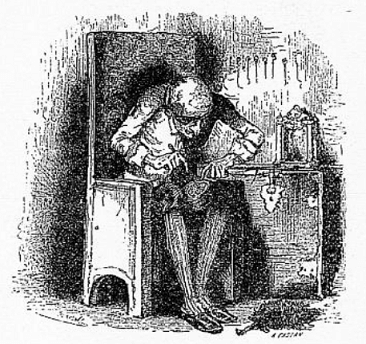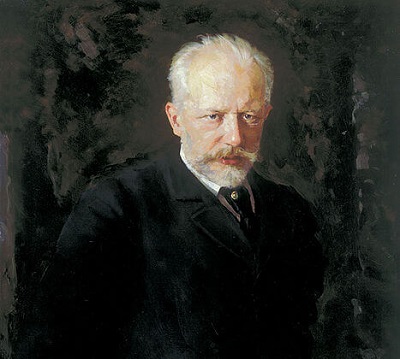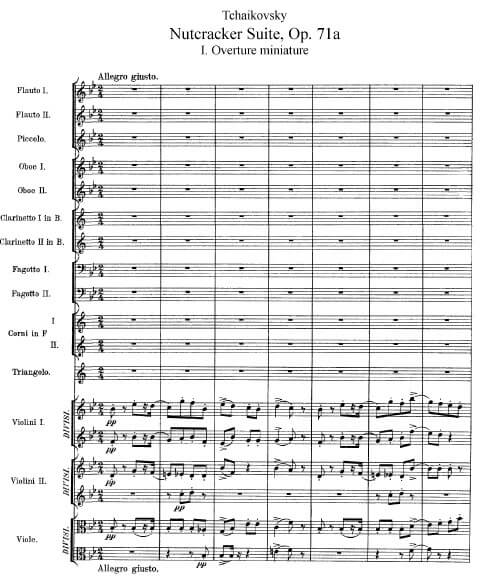 Opera and Ballet
Stories in Music
Opera and Ballet
Stories in Music


 Opera and Ballet
Stories in Music
Opera and Ballet
Stories in Music

Read the chapter and listen to the musical selection for one week.
Over the week:


Activity 1: Recite the Ballet Information
Activity 2: Narrate the Story
Activity 3: Listen to the Nutcracker Overture
Activity 4: Examine the Musical Score
A musical score is the written form of a musical composition showing all instrumental and/or vocal parts.
Examine the pages from the musical score of 'The Nutcracker.'
